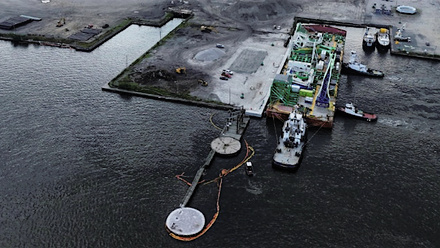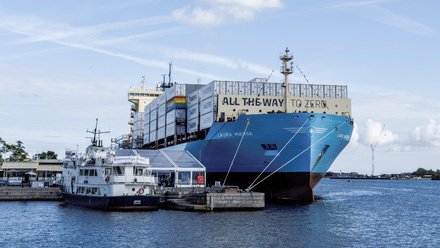Venue: Board Room, IMarEST Headquarters, 1 Birdcage Walk, London, SW1H 9JJ OR Join us online!
Host: Dr. Biju George CEng CMarEng FIMarEST, Honorary Secretary, IMarEST South East England and London Home Counties
Speaker: Keith Hutchinson, Head of Professional Technical and Engineering Services & Senior Consultant, Whole Ship Design and Naval Architecture, Safinah Group, UK
About the presentation:
The International Maritime Organization (IMO) first introduced Energy Efficiency Regulations in 2011 as part of the International Convention for the Prevention of Pollution from Ships (MARPOL) with the aim of increasing the performance of the incoming global fleet in terms of emissions reduction. In response to 2015 Paris Agreement, the IMO adopted in 2018 an ambitious Initial Strategy to reduce Green House Gas (GHG) emissions from international shipping with the aim of phasing them out as soon as possible – this Initial GHG Strategy was revised in 2023.
To satisfy these increasingly challenging short-term and forthcoming mid- and long-term goals for reduced GHG emissions both ship operators and designers, including machinery and equipment manufacturers etc., are having to employ and develop an ever-increasing range of sometimes novel and technically challenging solutions for improving ship efficiency and performance. Such solutions which are currently being, and will have to be in the future, employed during the industry’s journey to decarbonised international shipping fleet include those influencing: operations; resistance; propulsion; prime-movers together with the utilisation of low- and zero-carbon fuels; and alternative / additional forms of propulsion.
The presentation will consider how the design of ships and their systems is changing in order to increase their efficiency and also decrease their GHG emissions whilst still resulting in robust, operable and safe solutions for the shipping industry.





